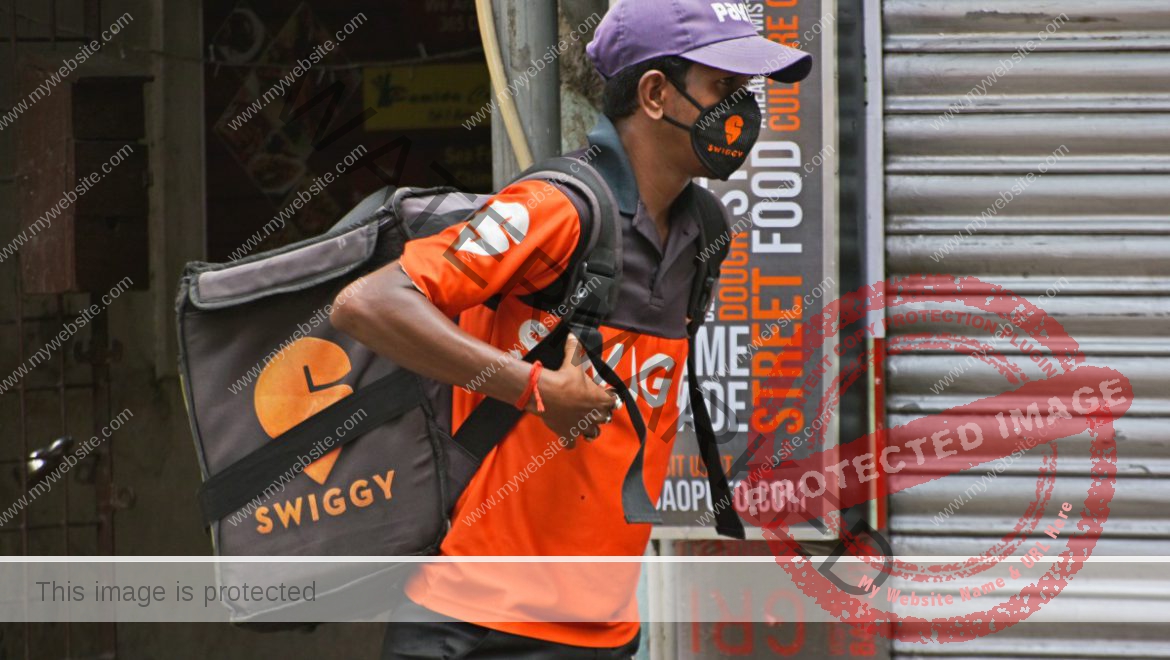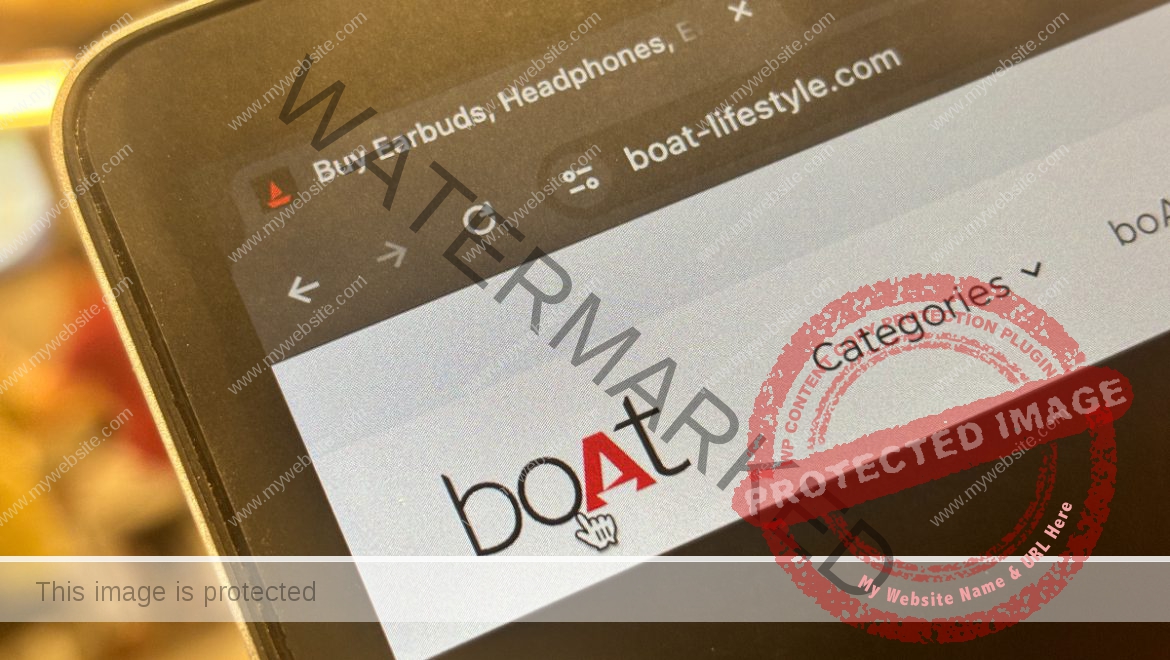Indian ride-hailing giant Ola cuts 180 jobs in profitability push | TechCrunch
Ola has let go its chief executive officer Hemant Bakshi, merely four months after making the appointment, and is cutting about 180 jobs, a source familiar with the matter told TechCrunch. The move from the Indian ride-hailing startup is aimed at “improving profitability,” its founder Bhavish Aggarwal told employees in an email Monday seen by TechCrunch.
The Bengaluru-headquartered startup, which counts SoftBank and Tiger Global among its backers, is undergoing a “restructuring exercise” to gear up for its “next phase of growth,” Aggarwal, pictured above, wrote in the email.
The move follows Ola shutting down its operations in the U.K., Australia and New Zealand earlier this month. Bakshi, a former HUL executive, was appointed as Ola chief executive in January this year.
Ola is looking to go public later this year, months after the public debut of Ola Electric, a startup that spun out of the ride-hailing firm. Both the startups were founded by Aggarwal, who has since also founded the AI startup Krutrim, which became a unicorn in January. Ola Electric is seeking to raise more than $650 million in its initial public offering, according to paperwork filed by the firm.
You can read Aggarwal’s Monday email to staff in its entirety below.
Dear All,
In line with our vision to serve 1 Billion Indians, and our commitment to drive sustainable growth and enhance efficiency across the organization, we are undergoing a restructuring exercise aimed at improving profitability and preparing ourselves for the next phase of growth.
We have made substantial investments in areas of AI & Technology which has led to significant cost advantages and we will continue to focus on these areas to ensure that we build cutting edge products and services across our business verticals.
These changes will result in certain roles within the company becoming redundant. This decision was not made lightly, and we are committed to supporting those impacted during this transition period.
Hemant will be stepping down from his role as CEO to pursue opportunities outside the company. We extend our gratitude to Hemant for his contributions and wish him the best in his future endeavors.
I am very confident of the strong leadership team which we have built over the last few years at Ola Consumer, who bring in a lot of experience and expertise to their respective roles. They will collaborate closely with me to drive technology-led growth.
We are committed to transparency and open communication throughout this process. Our HR team would be available to address any queries or concerns you may have.
Thank you for your unwavering dedication and commitment to Ola.
Best,
Bhavish













